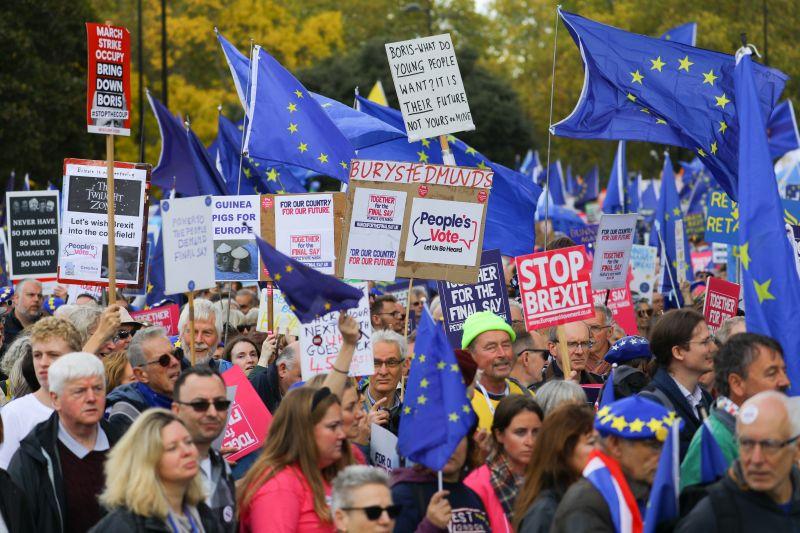MPs prepare to vote on Boris Johnson’s Brexit deal, but with the PM being
Tag: EU
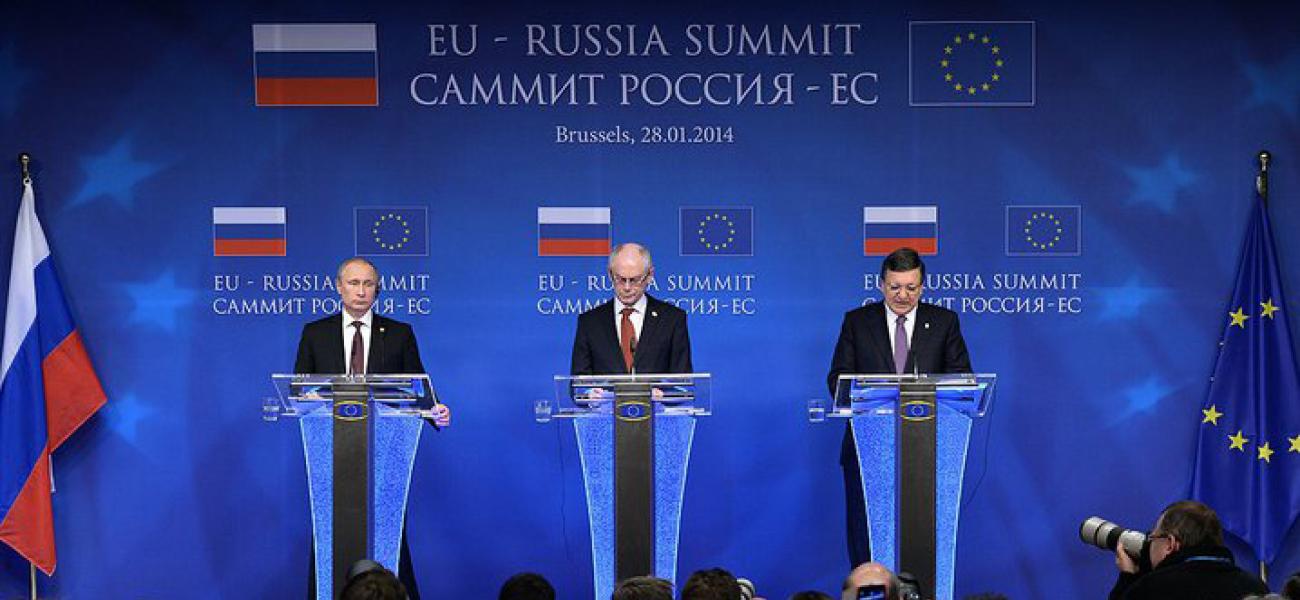
With the German chancellor set to retire in 2 years, Macron’s agenda might cohere
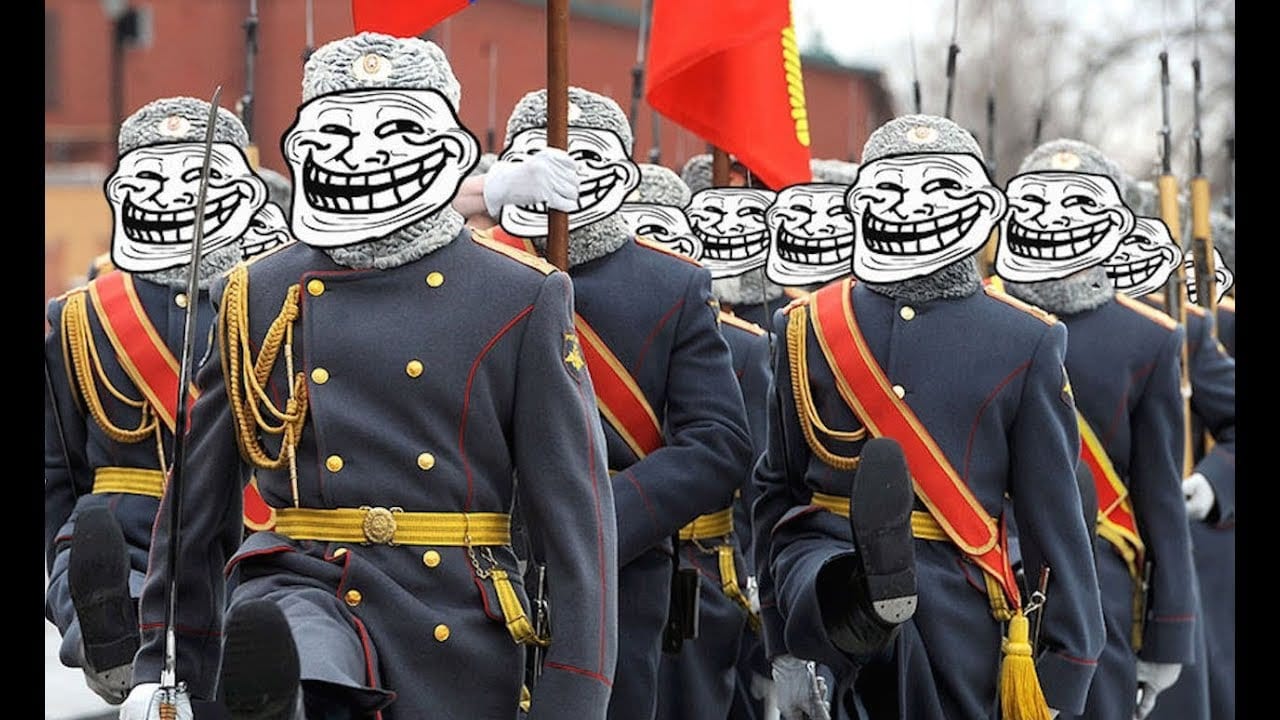
Recent midterm elections in US another time showed the continuing efforts of the third parties to affect the voting results using media platforms. Facebook stated it blocked 115 accounts for suspected “coordinated inauthentic behavior” linked to foreign groups attempting to interfere in Tuesday’s U.S. midterm elections, particularly 30 Facebook accounts and 85 Instagram accounts.
Twitter, meanwhile, has said it has identified more than 4,600 accounts and 10 million tweets, mostly affiliated with the Internet Research Agency, which was linked to foreign meddling in U.S. elections, including the presidential vote of 2016. The agency, a Russian troll farm, has been indicted by U.S. Special Counsel Robert Mueller for its actions during the 2016 vote.
The response of the Department of Homeland Security, Department of Justice, the Office of the Director of National Intelligence and the FBI was a joint statement declaring the law enforcement is working in “unprecedented ways” to combat foreign influence operations.
“Americans should be aware that foreign actors – and Russia in particular – continue to try to influence public sentiment and voter perceptions through actions intended to sow discord,” the statement said. “They can do this by spreading false information about political processes and candidates, lying about their own interference activities, disseminating propaganda on social media, and through other tactics.”
Facebook, Twitter and other companies have been fighting misinformation and election meddling on their services for the past two years . There are signs they’re making headway, although they’re still a very long way from winning the war.
According to data provided by researches who monitored 2018 US elections, while these measures made less effective specific sort of interference the Russians engaged in two years ago, they haven’t fully stopped Russian influence operations. It seems to a greater extent that they stimulated Russia to develop and shift to new tactics
According to Jonathon Morgan and Ryan Fox, who run a New Knowledge cybersecurity company, this year it was registered more overall activity in real time from continuing Russian online influence operations targeting the midterm elections than it was disclosed by social media platforms or detected by researchers during the same period before the election in 2016.
In the past month the researchers have collected more than 26 million social media posts concerning the 2018 midterms, particularly a large portion of all relevant content on Twitter as well as a smaller targeted sample of all relevant content on Facebook.
Analysis shows that more than 400 websites are likely to be Russian propaganda outlets aimed at American audiences. More than 100 of these websites were confirmed as under the direction of the Russian government or are thought to be Russian with a very high degree of confidence.
In the month of October alone, the company tracked 110,000 social media posts that referenced a United States midterm candidate, topic or hashtag and contained a link to one of these websites. More than 10,000 of these posts contained a link to one of the websites we have either confirmed as Russian-directed or believe to be Russian with a very high degree of confidence.
The top three websites linked to these social media posts are the site of RT, Russia’s state-financed international cable network (5,275 links); The Duran, a right-wing news and opinion site (1,328 links); and Sputnik, a news and commentary site run by the Russian government (1,148 links).
The company have also identified 1,451 social media posts aimed specifically at midterm voters from social media accounts assessed with high confidence as belonging directly to Russian influence operations. These posts are largely focused on the geopolitics of the Middle East, the Saudi-assassinated journalist Jamal Khashoggi and the Supreme Court confirmation hearings for Brett Kavanaugh.
The most-shared article of known Russian origin for October on Twitter was an article from The Duran purporting to show how groups financed by the billionaire Democratic fund-raiser George Soros “plotted with Google, Facebook, Twitter and other social media platforms to eliminate conservative ‘right wing propaganda.’”
The Russia-linked social media accounts were active during the Kavanaugh hearings, drawing attention to sexual and domestic abuse allegations against various 2018 Democratic candidates and potential 2020 Democratic presidential candidates. They have been amplifying anti-immigrant sentiment, including conspiracy theories about the caravan of migrants in Central America, and have promoted the idea that the mail-bomb campaign of the Trump supporter Cesar Sayoc Jr. was a Democratic plot.
Because of the numerous changes since 2016 in social media platforms and propaganda-detection practices, a straight “apple to apples” comparison of 2016 and the current election cycle is not possible. And no analysis of the social media landscape is ever complete because no one has access to all the data.
But any significant detectable quantity of Americans who are unwittingly sharing Russian propaganda on their social networks is cause for concern. And based on activity that the analysis attributes to Russian government efforts, we may estimate that at least hundreds of thousands, and perhaps even millions, of United States citizens have engaged with the content of Russian propaganda online.
The consensus among academic researchers and Russia experts in the intelligence community is that Russia does not take a timeout from information battles. It considers itself to be in a constant state of information warfare. Its online influence operations are inexpensive and effective, and afford Russia an asymmetric advantage given the freedoms of expression afforded to Western democracies.
We are heartened by the seriousness with which many social media platforms and government agencies are treating this situation. But while progress has been made since 2016, we must remain vigilant in the face of confirmed Russian efforts to undermine our democracy.
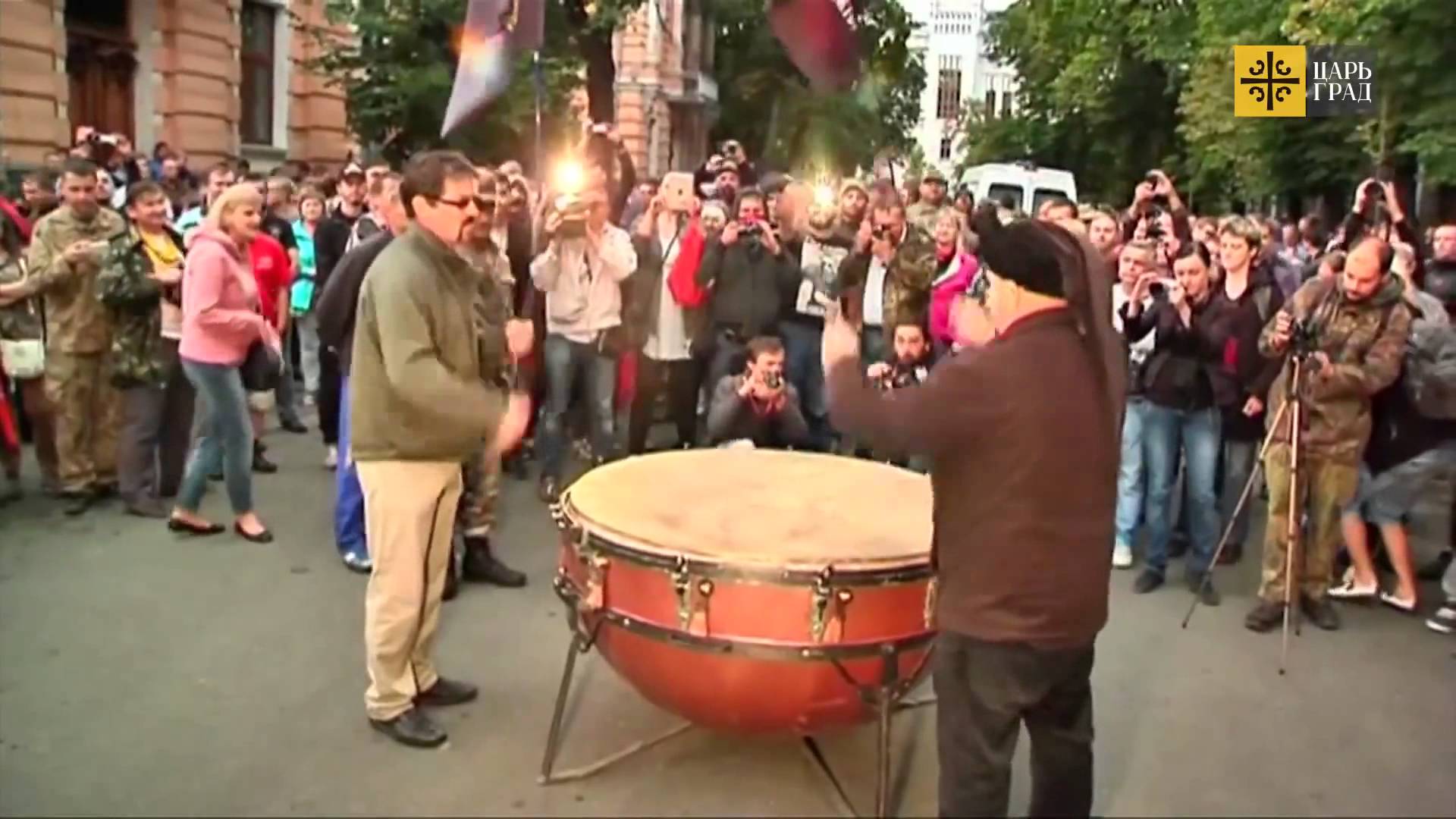
In the context of continuing Russia aggression in the east of Ukraine, which proceeds to a chronic stage, events on its western borders remain in a relative shadow. Unfortunately, they are far from being conflict-free! While the eastern neighbor has visited Ukrainian territory on tanks, the Western prefer the soft force, money and manipulating sentiments. Though Hungary’s actions can be hardly referred to as impetuous, declarations and behavior of its officials give no grounds to doubt that western neighbors of Ukraine are always ready to use its internal and external problems.
The latest reason for concern was an appointment of the authorized Hungarian representative in Transcarpathia – the government’s representative who is responsible for development of the Ukrainian territory. The mere title of the position leads to a question whether that is an intervention in internal affairs of the sovereign state and in literal sense a step over the boundaries of peace neighborliness?
Whatever representations Hungarians have made with regard to sincerity of their intentions to develop Transcarpathia region and to support the ethnic Hungarians residing there, little by little Hungary interferes in affairs which by default fall under the scope of the sovereign state’s competence. Thus, the Hungarian parliament made an express stand against education act adopted by Ukraine in support of their language. The document provides for the protection mechanisms of Ukrainian by using it as basic language during school educational process without limitation to ethnic minorities. According to this law, beginning from the 5th form children of ethnic minorities shall study in Ukrainian, and learn their native language as a separate discipline. However, studying some disciplines in languages of EU states is not excluded.
Budapest has not only distorted the very meaning of the Ukrainian Act, having accused Ukraine, but even issued a resolution on this matter. The Hungarian parliament in its decision claimed that the Education Act outlaws all schools, higher education institutions and professional technical institutions which provide education in Hungarian. That is obvious and deliberate distortion of the Act. Also, deputies of the National Assembly of Hungary declare that educational process in languages of minorities becomes impossible though the Education Act provides for teaching several subjects in foreign languages, including Hungarian and Romanian.
The first meeting of Prime Minister Orban’s Government following the elections was marked by the adoption of the Memorandum on the Protection of the Transcarpathian Hungarians. The document was sent to the leaders of all NATO member states and the Secretary General of Alliance. In the memorandum the Hungarian government suggests NATO member states to consider “the problems of ethnic minorities in Ukraine related to the Ukrainian laws”.
To this end, manipulations by Euro-Atlantic aspirations of Ukraine are used as well. For instance, Foreign Minister of Hungary Peter Szijjártó emphasized that Hungary will not support rapprochement of Ukraine with NATO unless Kiev “stops encroachments upon the Hungarian minority”. In support of this statement Budapest proceeded to blocking up organisation of the Ukraine-NATO Commission’s meeting.
What are then the reasons for so strong counteraction of Hungarians to the implementation of such basic right as using of a state language in education by Ukraine?
Primarily, all this actions creates prerequisites for the probable scenario of stirring autonomist intentions in Transcarpathia region. Hungarian officials deny such charges in every possible way, though contribution of the Hungarian nationalists can be traced at the informal level, as long as they call certain regions of Ukraine their territory.
Secondly, at the latest parliamentary elections Hungary’s ‘passport policy’ in Ukraine provided support of ethnic Hungarians to Fidesz party, which expresses more and more Euroskeptical spirits. Modern Hungarian elites, similarly to those in Russia with their “Russian World” project, try to revive previous regional influence of the Austro-Hungarian Empire by means of ethnic Hungarians and pro-Hungarian public organizations, advancing the ideas of Hungarian autonomies within the territory of other states.
Perhaps such similarity of imperial aspirations and purposes allows Hungarians to perceive Russia as such “strategic partner” which can facilitate “restoration of historical justice” for quite insignificant concessions from the Hungarian side, and help Hungarians to reunite or even to return some lands.
If Budapest achieves their purposes and the Ukrainian Education Act will get amendments for their benefit, Transcarpathia in the nearest future will be completely madiarised and will lose language and cultural ties with a maternal part of Ukraine. Such approach perfectly meets the Russian plans for the partition of the Ukrainian lands.
By all means, Moscow encourages the Hungarian expansion to Transcarpathia not for nothing. They have repeatedly used Budapest for pressure upon Kiev. In 2015 after Mr. Orban’s visit to Moscow official Budapest refused to resell the Russian gas to Ukraine. At the same time Mr. Orban makes conciliatory declarations about the conflict in Donbas, levelling Russia’s participation in the armed conflict. Avoiding mentioning sanctions, he on the contrary calls to conciliation with an aggressor in exchange for economic sops, causing disruption of international law and order.
As a result, Ukraine appears between two states which prepare a ground for reconstruction of their ‘great empires’ of previous centuries upon the unspoken consent of the EU leaders. And if one of them makes it in the way of uncovered aggression, then another uses to this end covert and short, though not less decisive steps.
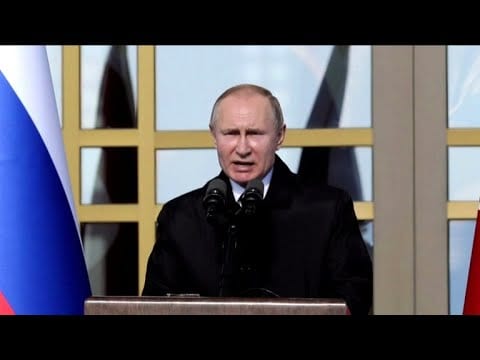
The flagrant violation of the international law by Russia and its aggressive policy towards neighboring countries have led to the sharp reaction of international community and sanctions imposition. In particular, it has greatly affected the military-technical cooperation. However, some countries from Eastern Europe, even being the NATO members, continue to suffer the syndrome of ‘big brother’ to the detriment of own defense capability, keeping ties with Russian military-industrial complex.
Particularly Bulgaria, which became NATO member in 2004, and then that of EU in 2007, continues its military partnership with Russia. The situation with update and maintenance of MiG-29, which are which are in service with the Bulgarian Air Force, proves it. This issue is still in the competence of Russian aircraft corporation MIG. This situation exists even though Bulgarian pilots refuse to fly at MiG-29 because of its extreme breakdown rate even after the capital repair in Russia. But Bulgarian authority keeps using Russian industry to repair its military aviation. And the tender on replacement and further maintenance of engines for MiG-29 has proved it. Earlier it was envisaged that such contract would be signed with Poland and a corresponding preliminary agreement was reached with Warsaw. In addition, such contract could allow Bulgaria to save a great sum of budget money. But after victory of pro-russian Rumen Radev at presidential election, the new MoD’s authority refused to sign a contract with Poland and decided to continue its cooperation with MIG corporation. Moreover, the pro-Russian Bulgarian leadership deliberately delays the terms of contract fulfillment for purchase of new Swedish fighters Saab JAS 39 Gripen, having its own vision of modernization of Bulgarian Air forces. And this situation is taking place notwithstanding Bulgarian NATO membership.
Hungary is also committed to military cooperation with Russia. In 2016, Hungarian Ministry of defense negotiated with Russia to purchase 30 Mi-8/17 helicopters with approximate cost $490 million. The only reason to cancel the deal was the lack of budget money. Later, Budapest came to agreement to repair 4 Mi-17 helicopters for Hungarian Air Forces and in spring 2017 the repaired helicopters were returned to Kecskemet air base. At the same time, Hungarian government believes that signing contract with Russia for helicopters repair does not contradict with sanctions imposed against Russia, though the repair of military equipment is covered by a concept of military cooperation. In this case it is quite remarkable not only the fact of military cooperation with Russia, but also the decision of investment in military helicopters, which would remain the equipment of last century even after their repair. Many military experts believe that the best decision for Hungary would be total replacement of current aircrafts with modern types produced by NATO members. These aircrafts have better characteristics than Mi-17 or Mi-24 adopted by Hungarian Armed Forces. It is obvious that friendship between Orban and Putin obliges Hungarian leader to be loyal to Russian military industry. It is absolutely clear that repair of old military equipment is much more expensive for the state budget. It is also a hard blow for defense capability of a country.
Croatia also has some aspects of cooperation with Russian military industry, though it became the EU member in 2009. In August 2017, Ministry of Defense of Croatia signed a contract with Russia for complete overhaul of 10 helicopters of М1–171Sh for Air Force and air defense.
These examples show that Russia, obtaining contracts for delivery and service of military equipment, tries not only to find the markets for sale of outdated equipment, uncompetitive products, but also weakens the defense capabilities of NATO members, undermines the unity of the European community and creates new challenges for the EU security in general.
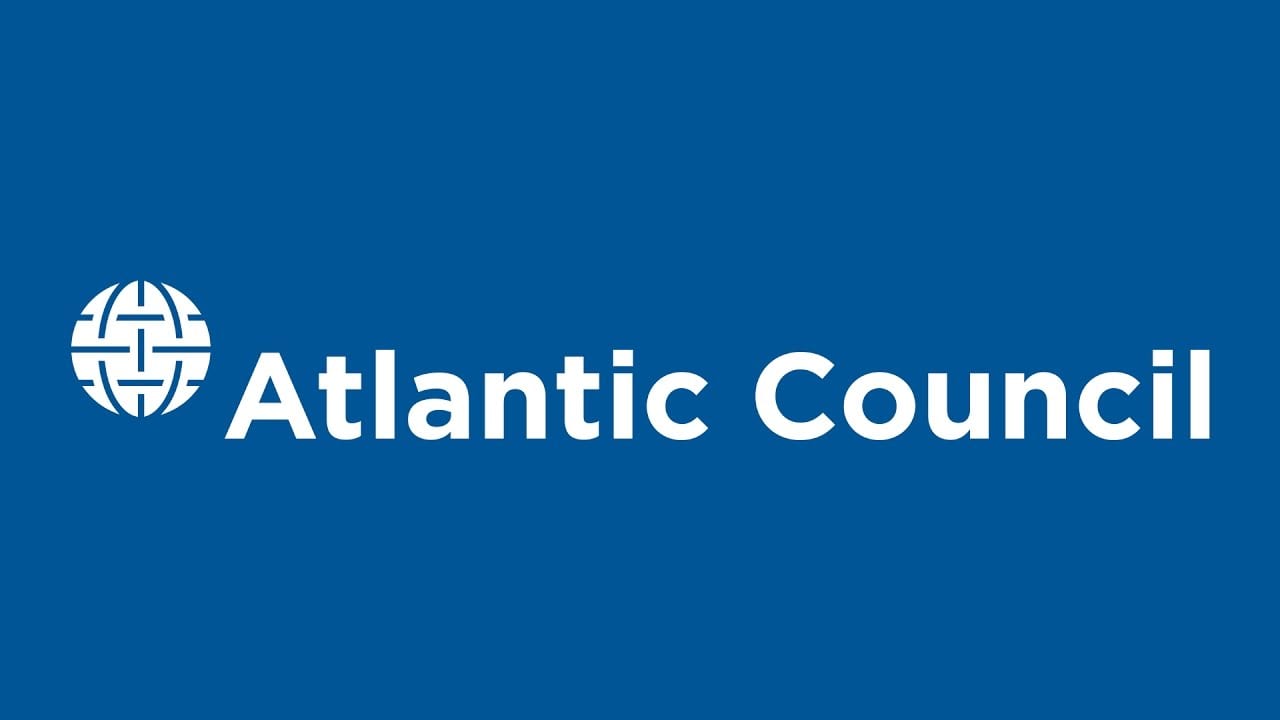
In 1991, as a result of the fall of the Soviet Union and following declaration of its independence, Belarus became a new independent state in Europe. Neighbouring states, and primarily the Russian Federation, became the main vectors of its foreign policy. At the same time Belarus realized that the European Union is definitely important for cooperation in trade and economic issues. Moreover, EU is a promising source of investment resources.
One cannot fall into line with the fact that Belarus – EU relationships until recently resembled a rollercoaster. Despite the fact that the EU and Belarus have signed the Partnership and Cooperation Agreement as early as in 1995, still it is not ratified by the EU. In addition, the European Union has excluded Belarus from its European neighbourhood policy (which was initially developed in order to define the “friend circle” in geographic proximity to the EU), making it a direct response to authoritarian Lukashenko’s regime. In their attempts to affect the Belorussian dictator the European Union has introduced sanctions against a number of Belarusian enterprises and individuals, however, at the end of 2015 the better part of them was terminated and on February 28, 2016 the EU decision on lifting sanctions against Belarus came into effect. It seems that amid the aggressive Russian foreign policy the EU has softened its stand towards Belarus seeking to gain an ally. In the meantime, Russia-Belarus relationships experience crisis, which has a number of causes.
Border zone
The Russian Federation and Belarus apply different visa rules. However, both states still have not developed a unified approach in this regard. The problem aggravated in 2017, when Minsk has repealed visas for nationals of 80 states at once, including the US and EU states. As for Russia, they still have visa regime with all of these states. Obviously, this decision strikes Moscow’s fancy, as the Russian part started from passport inspections on the flights from Minsk, and then the Federal Security Service of the Russian Federation demanded to organize proper border control on the land boundaries. That was not adjusted with Belarus and Lukashenko has already accused Russia in violation of free border treaty.
Black gold
Belarus has oil refinery plants which critically need Russian oil for operation. The Russian Federation also benefits from oil supply to Belarus: primarily, that is sales market; secondly, that is the source of relatively cheap petrol and other oil products. In order to streamline the scheme, Russia agreed on abolishing export duties for the oil supplied to Belarus (furthermore, part of this oil turn back as petrol to Russia).
However, Belarus exports petrol to the West and takes export duty in return. As the result, oil products come to Europe, Belorussian budget gain profits while Russia stays empty-handed being unsatisfied with such situation.
Over the years, gas disputes between these two states obtained permanent nature: Belarus supposes Gazprom should supply gas to the allied state at the Russian domestic prices though gas monopolist does not agree with such position. Due to this early in 2017 Minsk declared the need to reduce oil supplies from Russia and set about finding alternative options.
Food war
Belarus is actively involved in exportation of the agricultural products to the Russian market taking significant fraction of the market which provokes dissatisfaction of Russian agrarians. Situation has been complicated after introduction of anti-sanctions by Russia as among other goods those under sanctions get on Russian market through the Belorussian territory. However, Minsk refused to introduce prohibition of importation similar to Russian. Late in January, 2017 the Federal Service for Veterinary and Phytosanitary Surveillance restrained the supplies from two Belorussian meat-packing factories: Moscow believes that prohibited Ukrainian beef gets on market under the pretence of Belorussian. In this regard this year on February 3 Lukashenko required initiation of a criminal case in relation to head of the Federal Service for Veterinary and Phytosanitary Surveillance Sergey Dankvert “for inflicting damage to the state”.
What is next?
It was repeatedly noticed that Belorussian foreign policy for the last decade is a shadow of former self. That is affirmed by the messages of Aleksandr Lukashenko which was usually pro-Russian and anti-Western; however, since 2014 Belorussian leader fell back on making overtures to Europe. Lukashenko did not support Russia in respect of Ukrainian issue. Moreover, he tried to appear an arbiter by organizing meeting on a peaceful settlement of the military conflict in Ukraine, for execution of Minsk agreements. According to many political analysts, the possible purpose of his regular visit was desire to use Ukraine to build the “bridge of friendship” with the EU and gather support for the occasion of aggravation of conflict with Russia.
Meanwhile the Belarus leader has allowed Putin to organise the military manoeuvres “Zapad – 2017” (14-20 September 2017) with numeric Russian military commitment involved. However numerous observers from international organisations, particularly NATO, have been invited to warn negative reaction from EU on this military manoeuvres.
It seems that Belarus leader continues to walk a delicate line between the East and the West and attempts gathering Europe’s support by all means. However, he is still not ready to make a full stop in relationships with a “big brother” (Russia). How long he will manage to keep this balance – time will show.
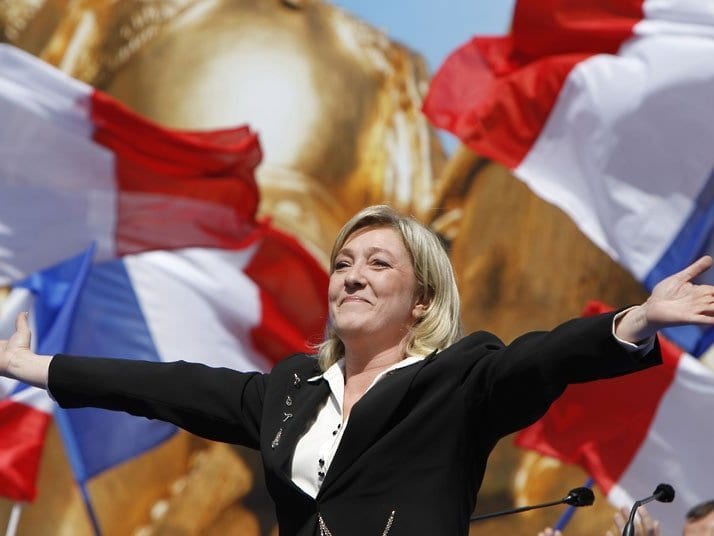
One of the major tools used by the Russian Federation to advance its positions

http://sendvid.com/4r58dywx A challenge facing a new head of the UK government today – the

Geopolitical landscape of the European Union, shapeless, as it is, is losing the rest
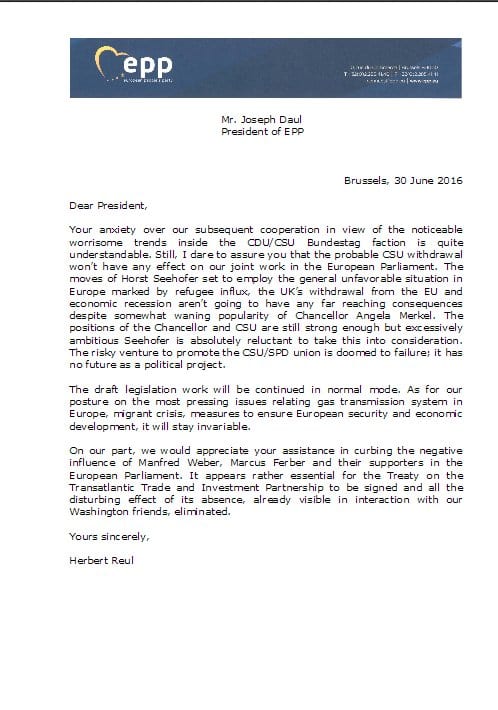
Brexit is not the only challenge for the Chancellor of Germany. The collapse of
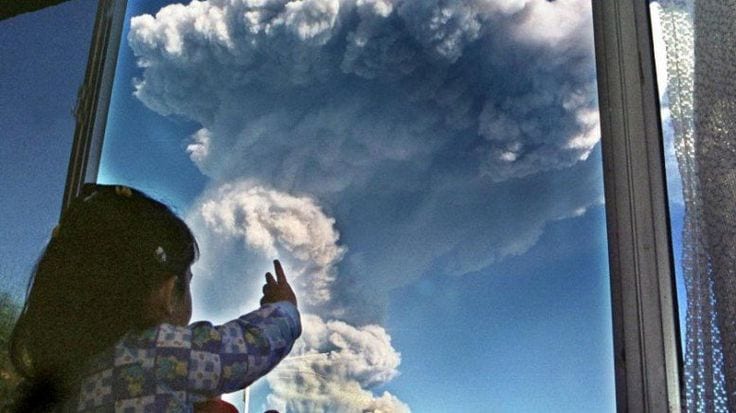
On June 15, the Ukraine’s Zaporizhia NPP has started loading the first batch of

The latest statements of high-ranking functionaries of chancellor Merkel’s government regarding possible reduction of
